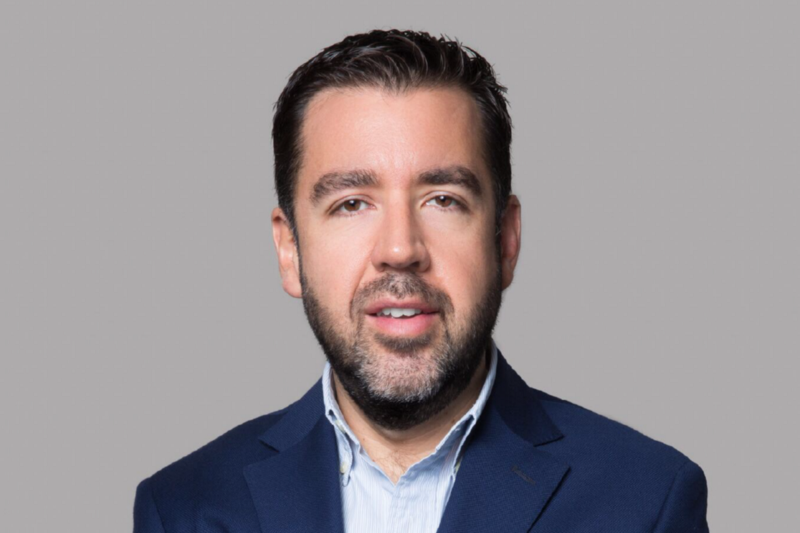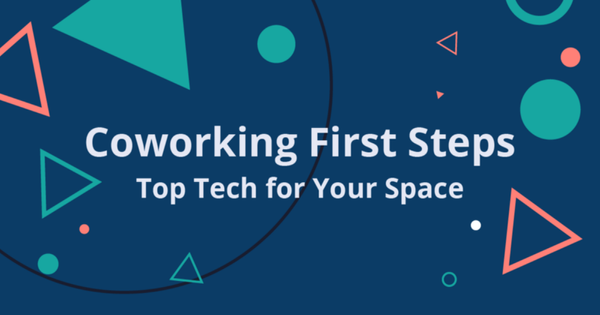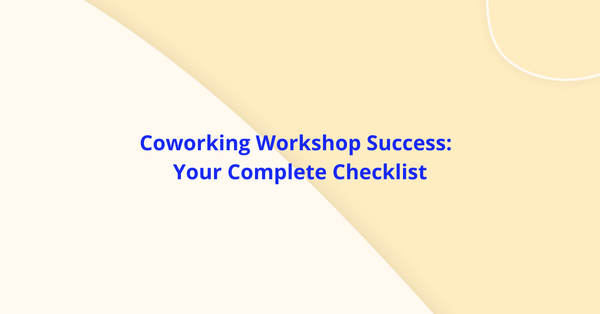Puedes leer este artículo en español aquí.
When you meet Luis Pérez, Client Service Director at The Instant Group, he will happily share that “Instant develops flexible space solutions for companies or individuals globally.” His role within Instant is to help their corporate clients find the flexible workspace that best meets their needs.
We spoke with Luis last week to hear his outlook on the impact of COVID-19 in Latin America. “We deal in the corporate market, and there, things have become quite depressed. This is a result of closures, either by the inhabitants’ own decision or in others such as Peru or Uruguay where there were government lockdowns.” Before the coronavirus crisis, 2020 was a year that called for optimism. “March didn’t end up being a bad month, despite it all. The strong impact was really felt in April. The markets are now reactivating, and we are looking forward to seeing the trend begin to change.”
In April, despite the intention of many companies to sign agreements, the vast majority decided to postpone. “The companies told us: why would they sign now if employees will not be able to come to work or if the office is going to be closed. Let’s talk again in May.” Despite these delays, very few agreements have been canceled: “April was a bad month to sign, but in May we are looking forward to signing everything that was postponed and a month of recovery in June.”
I asked Luis if this was a good or bad thing to be predicting and if he really thought it would pick up so quickly.
Luis wasn’t afraid of my question and wanted to be even more precise in what he believes will be the evolution of the corporate flexible space sector in Latin America: “I am not saying that in May and June we will sell twice as much, We will close what we had in place. However, in the second half of 2020 and in 2021 I foresee a noticeable change, a positive change, and it will be using our lessons from this pandemic. “ Some lessons he already sees coming to light in the real estate industry is in the move away from dead-end contracts, excessive contracting of space or misused offices, the limitations of which have been evident in this crisis, while “At the time when everything failed, technology allowed people to stay productive despite all the limitations of working from home.”
Companies who were afraid to offer remote work now perceive their needs differently. They will rethink their facilities and reduce them to the essentials — they will not think of leaving their space only partially occupied as something normal. Luis explains: “the traditional real estate will never disappear, but this pandemic has forced us to test our flexibility and it seems that employees work better that way.” That is to say: large companies will limit their real estate to spaces that it knows it will always need, while for the rest of their changing needs, Luis believes that the impact of the COVID-19 will further accelerate recent workplace trends.
One of the hypotheses that has been in my head since the end of March is that I believe pandemic clauses will start to be requested by clients from now on. The current situation, far from being reminiscent of fiction, is all too real and companies will start looking for more security in their contracts. Luis’ answer? ” The first thing that is going to happen is that we are all going to learn a little more about legal language. Not long ago, in a conversation with a lawyer, I realized that the Force Majeure clause, common in real estate contracts, does not include pandemics. As to your prediction, I think that pandemic clauses will definitely start to be included and my recommendation is that operators should take this risk because it is worth it : If you are the only one that gives guarantees in your market, with significant rent reduction in those circumstances, you will take the contract.” Luis believes that the chances of encountering another pandemic in the near future are very low due to the massive increase in public health and funding toward preventative measures.
I do not know if we have learned enough or not to avoid something like this in the future, but I agree with Luis that the rules of the game have changed; we must all understand this new reality in which we live goes far beyond wearing a mask in public spaces. Those organizations that adapt faster are more likely to survive and succeed.
Another issue that feels distant right now but will be on operators’ minds in a couple of months is what will happen when a vaccine is released? Will we go back to pre-confinement densities or will the low-density measures of today going to stay in place?
When a COVID-19 vaccine appears, will we return to the density we had? Luis’s answer could not be clearer: “No, of course not. This pandemic has affected our brains and we will feel that the physical distance will not be able to return to what it was before. I feel that this will be especially difficult for Latin countries, including Spain, where physical contact is part of their identity. And although we may want to do it again, the truth is that we are going to question ourselves.” “In real estate terms -he continues- you’ll soon go back to normal with your friends but with other people, the interpersonal distance will be increased.” This discussion goes far beyond the workspace itself. For example, it will affect the capacity in the elevators -as Luis notes- and therefore I think that the companies’ hourly access policies should be reviewed, beyond just anticipating a gradual return to normal.
“Everything is going to have to change. But I am not talking about the distant future. In fact, there are already operators that are changing their ways and others have their staff thinking about how to adapt to this new reality.”
The spaces are going to be looser: “ the densities must be re-thought. A density of 5m2 that was normal in this industry is not going to happen again. It will simply become a matter of interest for the human resources clients’ department.”
Luis looks back and reminds us of the changes he has experienced in the last 4 years. Initially, clients, he tells us, asked him for a specific number of desks. Now they ask for a specific amount of m2 and in those m2 they will indicate to the operator how many positions they want.
“Before COVID-19 clients sometimes asked me directly for m2, now it is much more common. And they don’t even mention the number of desks they want.”
I asked him: Do you think that some operators, in their race to reach unreasonable densities, have forced a certain type of client to change their language the industry was offering a product that did not respond to their needs?
“The answer is yes. These companies have already tried flex and have already seen that these densities are not suitable for them, so if they ask for flex again, what they are going to be offered will not serve them. That is why they ask for 60m2 for six people.” Luis mentions is a client who knows what he wants and who is willing to deal with the costs involved. “The client is looking for flexibility, a short-term contract, and all that that implies but that does not mean that he will accept the entire model that the operator offers. In the end, it is about what the client asks for, not what suits the operator. With the new reality, the human resources departments will have even more weight and the conditions to maintain employee well-being will be more important than ever.“
We asked Luis about the market that is outside the premium zone — the reality of many operators who today are wondering what their future is going to look like and how to adapt to this new reality.
“I believe that the new normal is a generalized new normal. I think it will affect the entire market: lower densities and greater cleaning imply higher costs. And that is for everyone.”
Luis continues with a reflection that few want to face today: “if the price of a desk in your market is $500 and after COVID-19 you calculate that it will be $650 that will be the new standard. There may be some crazy person that wants to ignore the measures that must be taken, but I think it will be very difficult for any company to ignore these new minimums. I think that it would be a suicidal option not to adapt and therefore not to take those necessary measures.”
This new reality, Luis reminds us, affects all spaces equally. He believes that we should not be concerned since the standards of this market emerge soon, and in fact, we are already seeing clues of how our industry is going to adapt.
If you aren’t already using Cobot as your coworking management software, give it a go! You’ll find that our features can help you run your coworking space more effectively and grow your community. Just sign up for a free trial or a live demo session. And if you have questions, our support team is all ears!
To all of you feeling the medical, psychological and financial pressure of the current COVID-19 situation… my heart goes out to you. We’ll find our way together 💪



